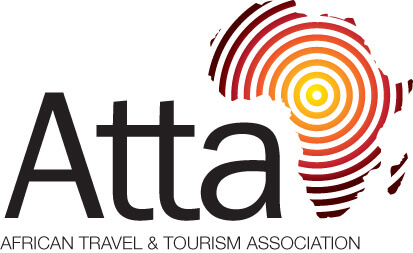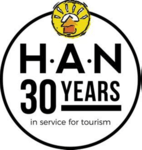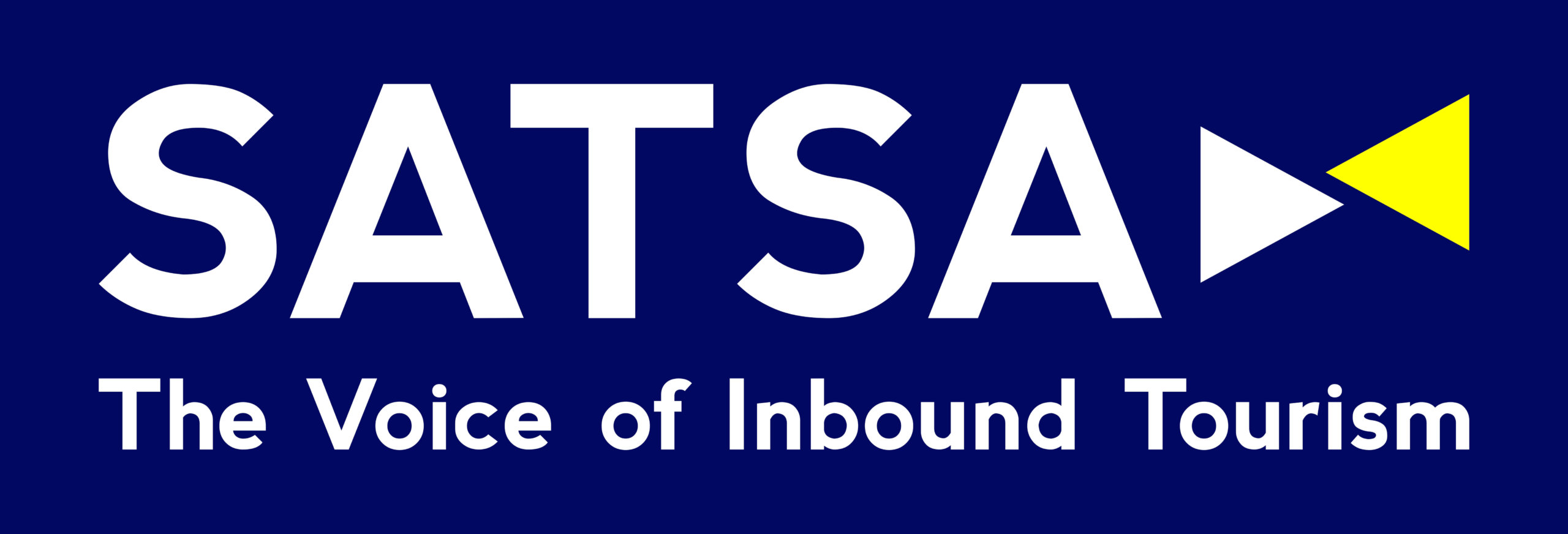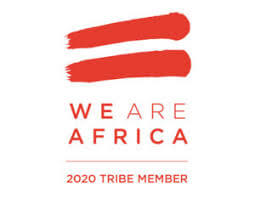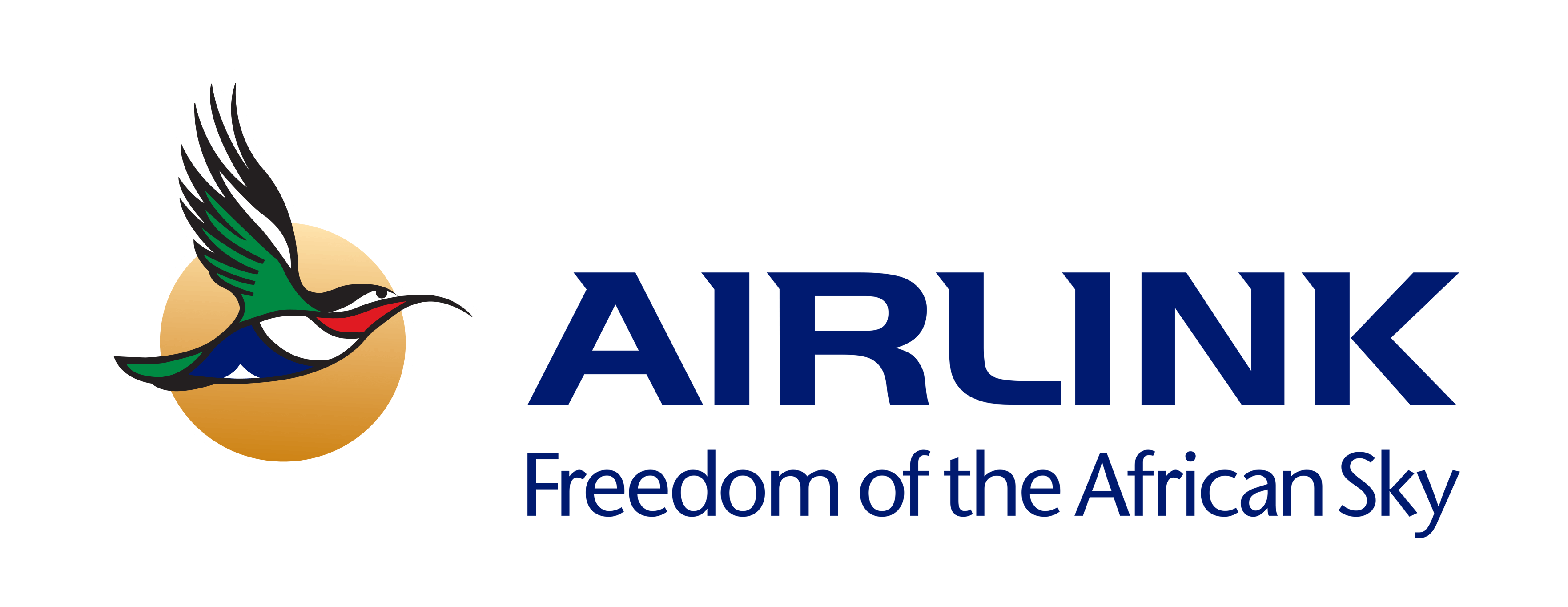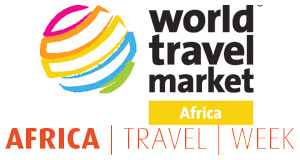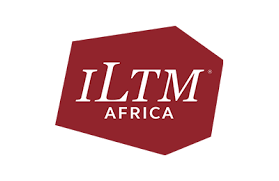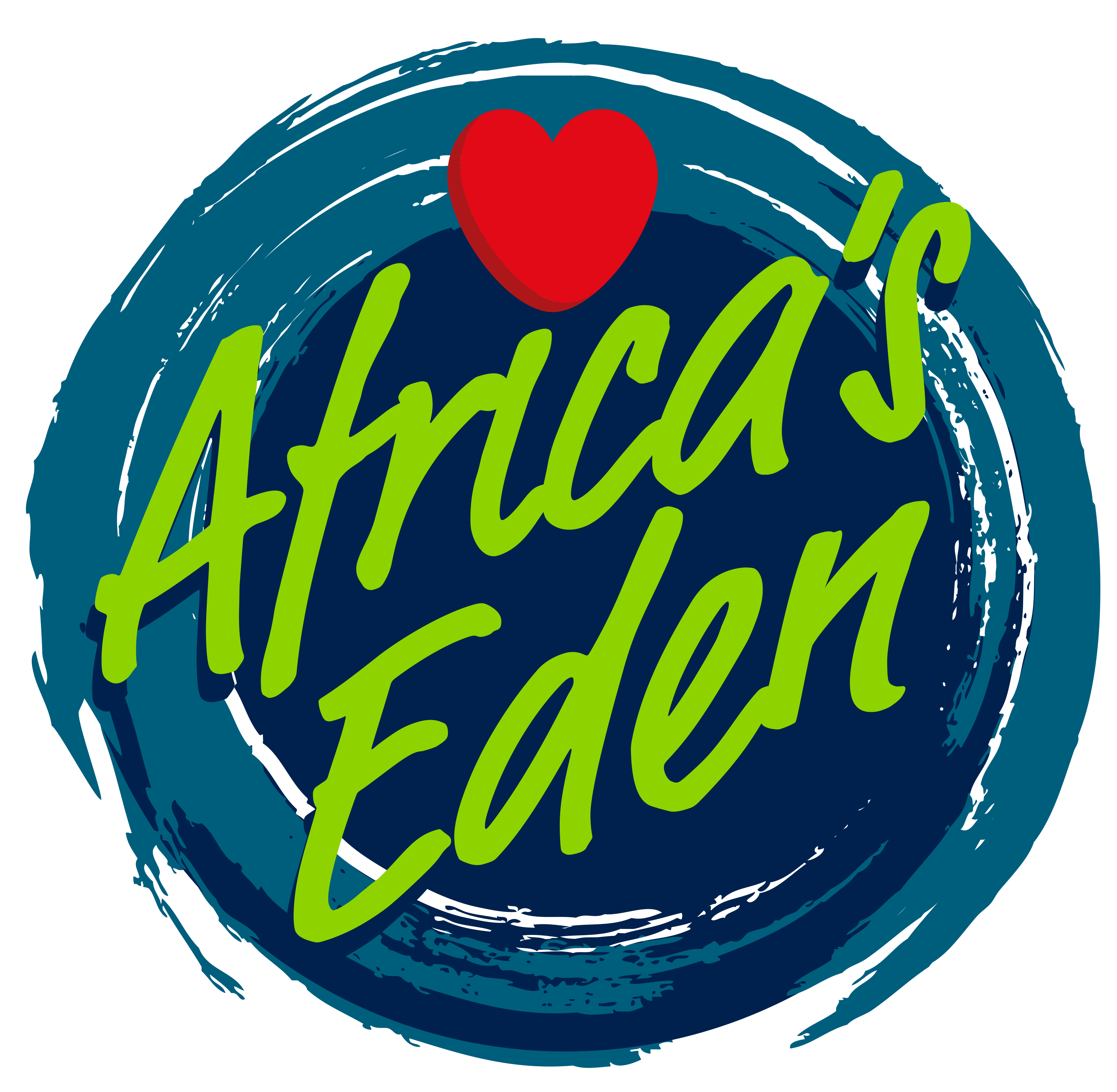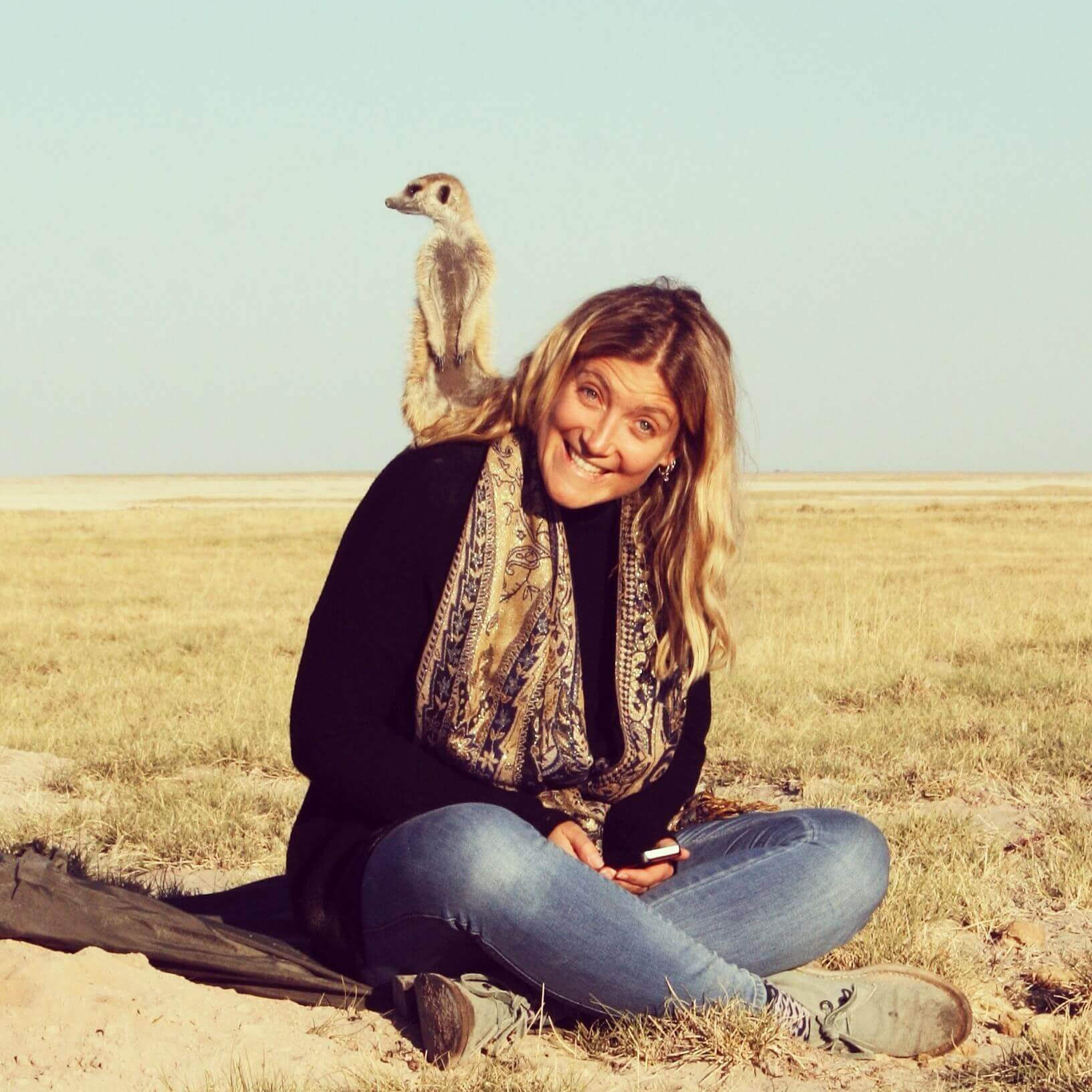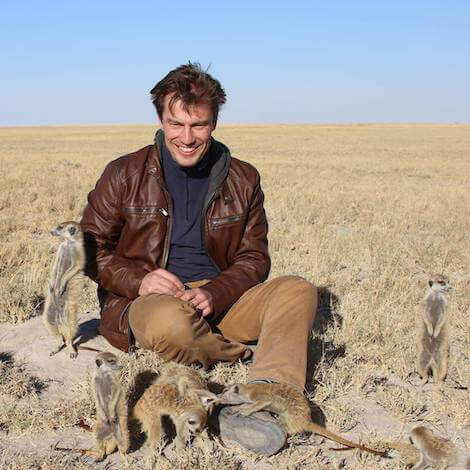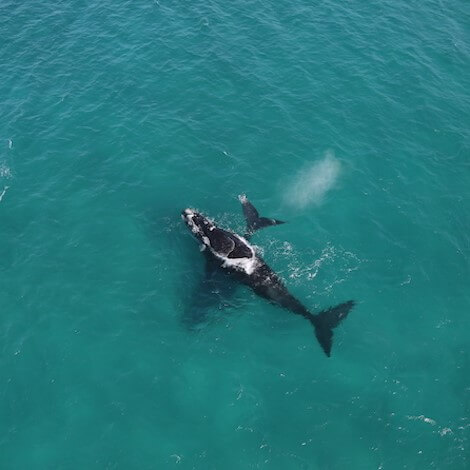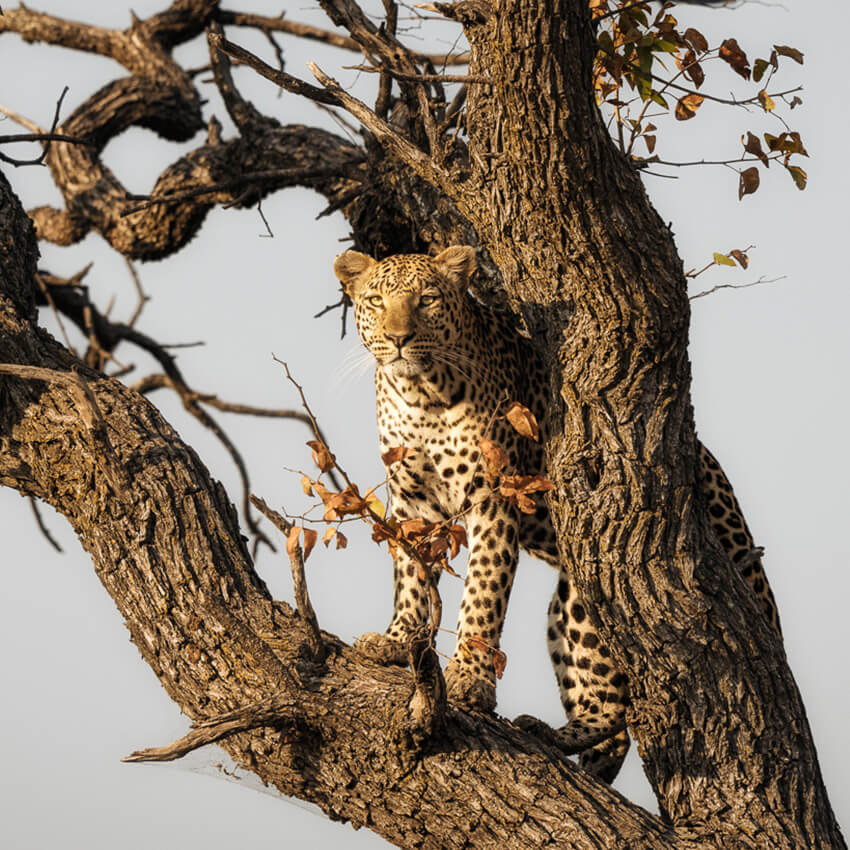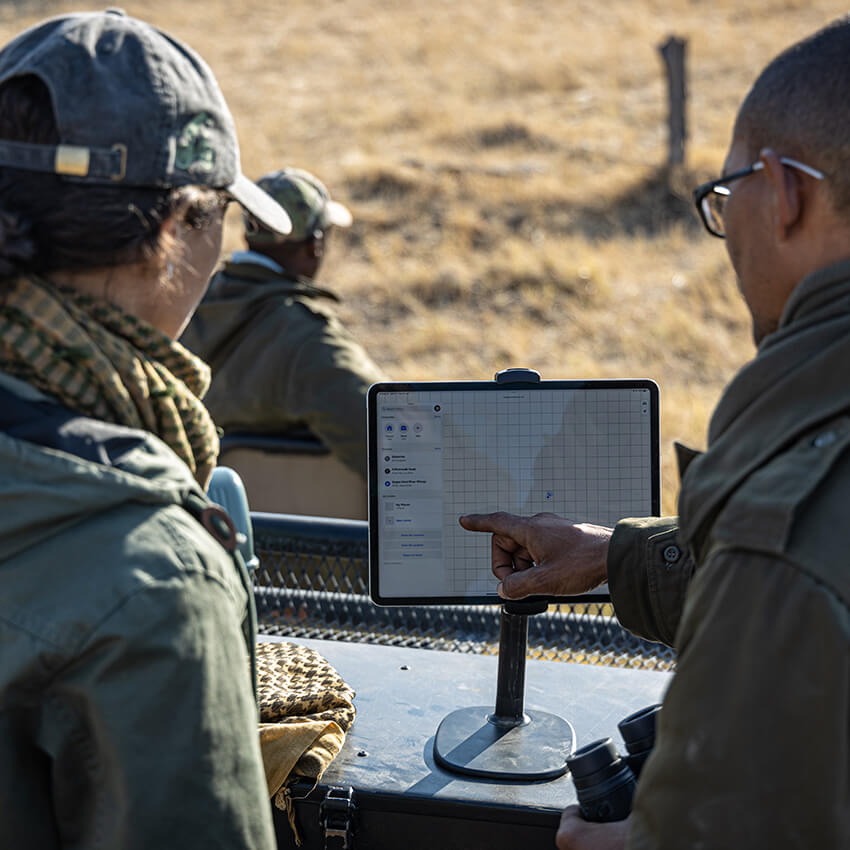Botswana
- A Spot of Romance: Botswana Honeymoon Safari
- A Wellness Safari with Robyn Sheldon
- Botswana Conservation Safari
- Botswana Horse Safari on the Makgadikgadi Salt Pans
- Guided Botswana Cycling Safari
- My First Botswana Safari
- Sama Mobile Camp
- Uncharted Expeditions Botswana Mobile Camping Safari
- Walk of Ancient Wisdom
All About and Where To See Them: Elephants
 Pru Allison
Pru Allison
 April 29, 2019
April 29, 2019
It’s no secret that the African elephant (Loxodonta africana) is a giant among mammals, and being virtually unmissable, they’re a familiar sight on safari. In fact, they occur in 37 different African countries. Their habitats of choice include tropical and subtropical moist broadleaf forests, flooded grasslands and savannahs, miombo woodlands, and acacia savannahs.
One always expects an elephant to be big – they’re rather well known for it, but upon seeing one for the first time, guests are often struck by just how colossal they actually are. They are the largest land animals in the world, reaching 7.5 meters in length, 3.3 meters at shoulder height, and six tonnes in weight.
Aside from their gobsmacking size, an elephant’s most distinguishing feature is its trunk – an extension of the nose and upper lip, which is utilized for communication and for handling. The tusks are actually upper incisor teeth that continue to grow throughout their lives. Tusks are used for fighting, marking, feeding and digging. Those enormous ears serve a handy purpose too, they’re used to radiate heat. Another rather unusual feature on these grey giants are their knees, which seem to bend the wrong way on their back legs! This is because what we assume to be their knee is actually the wrist.
There are two species of African elephants: the Savanna and the Forest. Savannas are the larger of the two and they have outward curving tusks. The smaller Forest elephant meanwhile, has straighter, downward-pointing tusks, and is also darker in colour. The size and shape of the skeleton and skull also differ between the two. The Forest elephants have adapted to life in the Congo Basin where they’re found. The species with which our guests will become familiar is the Savanna.
Large groups of elephants with a matriarch at the helm are a common sight, and that’s because they maintain strong family units. Their gestation period is 22 months, and they generally have a calf every three to four years. The calves way roughly 100kg at birth, and it’s 18-24 months before they’re completely weaned. Females will remain in the herd, whilst males leave and will begin to breed in their mid to late 20s. The bull elephants form bachelor groups and will go and check when the females are in oestrus.
Elephant fans traveling to our camps are in luck because these glorious beasts can be seen at all of our properties with the exception of Lekkerwater Beach Lodge at De Hoop, where instead you can see their marine equivalent – the whale.
Special Offers
Our special offers are designed to help you experience everything southern Africa has to offer whilst also saving some all-important pennies. Whether you’re about to embark on a once-in-a-lifetime solo trip, or are celebrating a special occasion, have a peek at our offers and see what could be in store for you.
